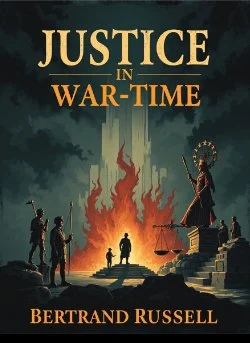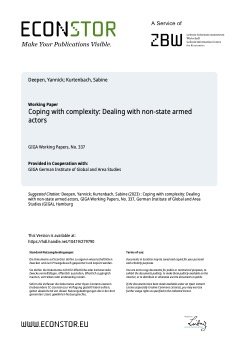By Bertrand Russell . Introduction by Colin Heston.
This collection of essays is not merely a pacifist manifesto; it is a profound philosophical inquiry into the nature of justice, the psychology of conflict, and the responsibilities of individuals—especially thinkers and educators—in times of national crisis. Russell, a mathematician and philosopher by training, brings to bear his analytical precision and moral clarity in dissecting the arguments used to legitimize war. His opposition to World War I was not rooted in naïve idealism but in a deep conviction that war, particularly modern industrial war, represents a failure of reason and humanity.
The book opens with an appeal to the intellectuals of Europe, urging them to resist the tide of militarism and to uphold the values of truth and justice even when doing so is unpopular or dangerous. Russell believed that intellectuals had a duty to question the narratives presented by their governments and to advocate for peace, not as a passive withdrawal but as an active moral stance. This appeal is followed by essays such as “The Ethics of War,” “War and Non-Resistance,” and “Why Nations Love War,” each of which explores different dimensions of the war impulse—from philosophical arguments to psychological and sociological observations.
One of the most striking aspects of Justice in War-time is Russell’s willingness to confront uncomfortable truths. He examines the role of imperialism, economic interests, and historical rivalries in fueling conflict, and he critiques the Entente policy and the diplomatic maneuvers that led to war. His essay “The Danger to Civilization” warns of the long-term consequences of war on democratic institutions, civil liberties, and the moral fabric of society.
In the broader context of Russell’s life and work, Justice in War-time marks a pivotal moment. It reflects his transition from a primarily academic philosopher to a public intellectual deeply engaged with the political and ethical issues of his time. The book also foreshadows themes that would recur in his later writings on peace, nuclear disarmament, and civil liberties.
Today, Justice in War-time remains a powerful reminder of the importance of moral courage and intellectual integrity. In an age where war continues to be justified through appeals to patriotism, security, and national interest, Russell’s essays challenge us to ask deeper questions: What is justice? Who benefits from war? And what is the role of the individual in resisting injustice?
Read-Me.Org Inc. New York-Philadelphia-Australia. 2025. 191p.




















